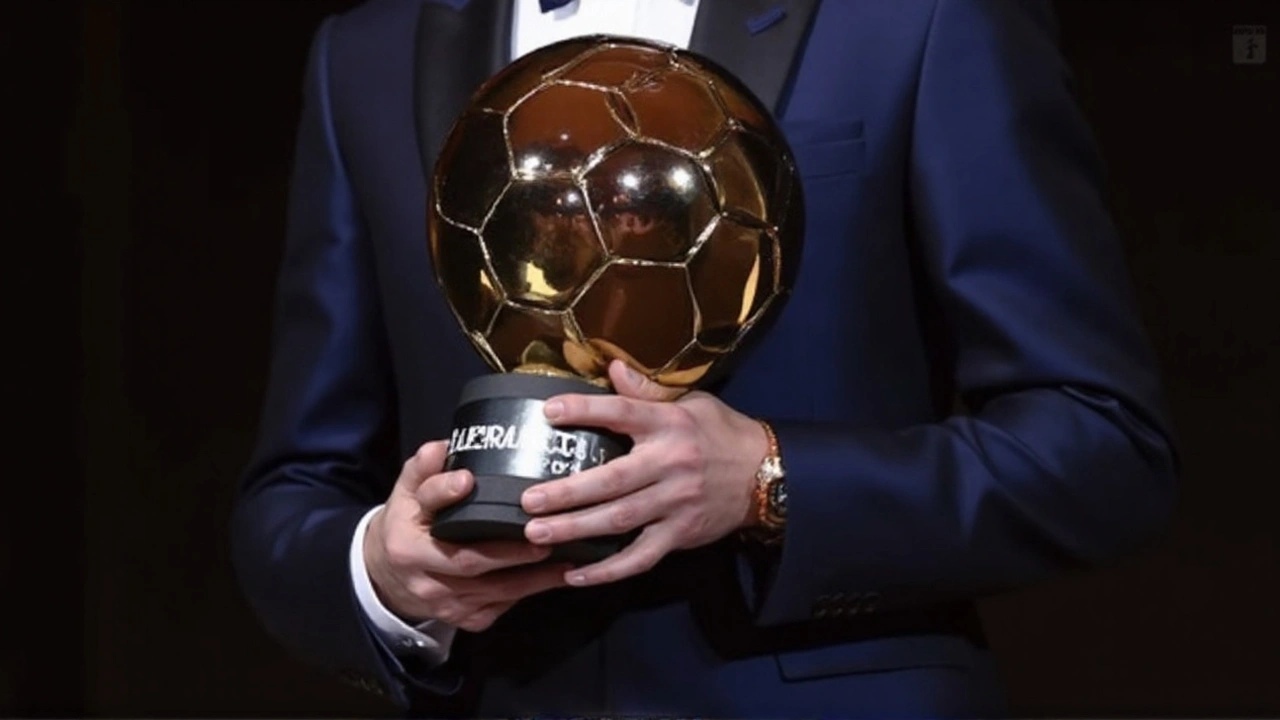Prize Money Explained
Ever wondered why athletes get cash after a big win? That cash is called prize money. It’s the payment that goes to players, teams, or even creators when they finish at the top of a competition. In simple terms, it’s the reward for doing the hard work and winning.
Prize money isn’t just a number on a scoreboard. It can shape careers, affect club budgets, and even change the way tournaments are run. When a club knows a big payout is coming, they may spend more on players or training to boost their chances.
Why Prize Money Matters
First, prize money gives athletes a chance to earn a living beyond salaries or sponsorships. A footballer in a lower league might rely heavily on the cash from a cup run. Same goes for a boxer who fights for a single purse that could cover a year’s expenses.
Second, the amount of prize money can attract better talent. Look at the 2025 FIFA Club World Cup – the new 32‑team format promised higher payouts than previous editions, making clubs from Asia and America more eager to qualify.
Third, fans feel the excitement when they see big money on the line. A higher prize pool often means tougher competition, which translates to more thrilling games for the audience.
How Prize Money Is Distributed
Most tournaments split the total prize pool into slices. The winner takes the biggest slice, runners‑up get a bit less, and so on. In the NBA, each playoff round comes with a set bonus that adds up for the champion.
In football, the distribution can be more complex. For example, the UEFA Champions League gives money for each group‑stage win, plus a fixed amount for reaching the knockout rounds. The final winner then adds a large extra payment.
In individual sports like tennis, prize money is paid per match or per round. A Grand Slam winner walks away with millions, while a first‑round loser still pockets a decent sum.
Don’t forget taxes. In many countries, prize money is taxable income, so athletes often set aside a portion for the tax bill. Some clubs even negotiate contracts that include a share of future prize money.
Prize money can also be affected by sponsorship deals. If a brand sponsors a tournament, part of that money may boost the overall prize pool, giving players an extra incentive.
For smaller events, local businesses may fund the prize. A community marathon might offer a few thousand dollars, enough to cover travel costs for the top finishers.
Understanding where the money comes from helps fans appreciate the stakes. Whether it’s a cash prize in a video‑game tournament or a multi‑million payout in a world cup, the principle stays the same: money rewards performance.
So next time you hear a commentator shout about “the prize money at stake,” you’ll know it’s more than just a figure on the screen – it’s a key driver behind the competition, the players’ motivation, and the excitement you enjoy watching.

The 2025 Ballon d'Or winner walks away with a golden-brass trophy worth about $3,500, not a cash payout. Yet the award fuels huge sponsorship deals, salary hikes and market‑value spikes. Learn why the trophy’s prestige outweighs any direct prize and what the upcoming ceremony could bring for the sport’s biggest stars.
Read More